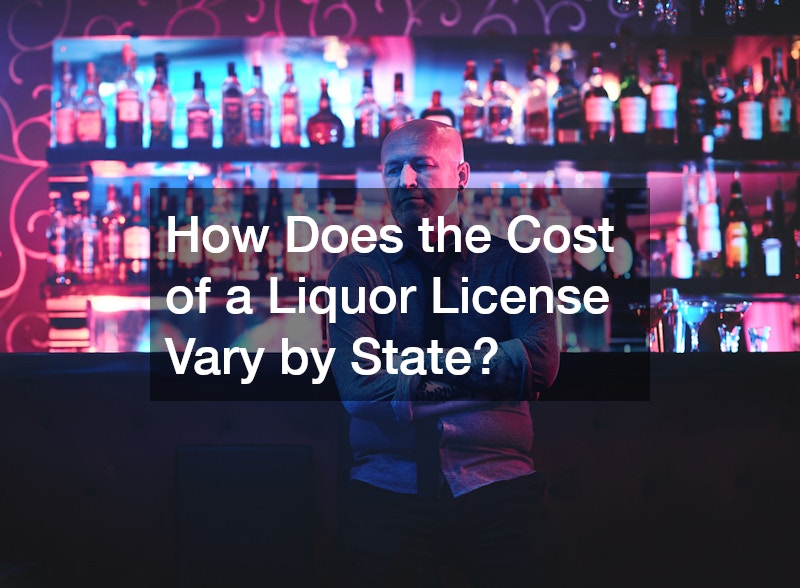The cost of a liquor license is a crucial factor for anyone looking to open a bar, restaurant, or any establishment serving alcohol. This cost can vary significantly from state to state due to a variety of regulatory, economic, and demographic factors. Understanding these differences can help prospective business owners budget appropriately and navigate the complex process of obtaining a liquor license.
Regulatory Environment
Each state has its own set of laws and regulations governing the sale of alcohol, which can directly influence the cost of obtaining a liquor license. For instance, some states have quota systems that limit the number of licenses issued based on population size or other criteria. In states like Ohio and Arizona, where liquor licenses are capped, this can drive up the cost significantly. On the other hand, states without such limits might have more reasonably priced licenses.
Type of License
The type of liquor license required also affects the cost. Generally, there are several categories of liquor licenses, each corresponding to different types of establishments or sales. For example, a license for a restaurant that serves beer and wine is typically less expensive than one for a full-service bar that offers spirits. Additionally, some states may offer seasonal or temporary permits at a reduced rate, which are ideal for events or seasonal businesses.
Location
Within states, the cost of liquor licenses can also vary by county or city. Urban areas with high competition for licenses, such as New York City or San Francisco, often see higher prices due to the increased demand. Conversely, rural areas might have lower costs but could come with restrictions on operating hours or the types of alcohol that can be sold.
Market Demand
The market demand within a state can also play a role in liquor license costs. In states with a booming hospitality industry, the competition for licenses can drive up prices. For instance, in Nevada, particularly in Las Vegas, the high demand for liquor licenses due to the robust tourism and entertainment industry results in higher costs.
Additional Costs
Beyond the initial cost of the liquor license, there are often additional fees and expenses to consider. These can include application fees, legal costs for navigating the licensing process, and renewal fees. Some states may also require license holders to carry certain types of insurance or to meet specific training requirements, adding to the overall cost.
Economic Impact
It’s also important to note that the cost of a liquor license can be a barrier to entry for small businesses. In states where licenses are particularly expensive, only well-funded establishments might be able to afford them, potentially stifling competition and innovation in the hospitality sector.
Watch the video above to learn more about how the cost of a liquor license varies by state! .


